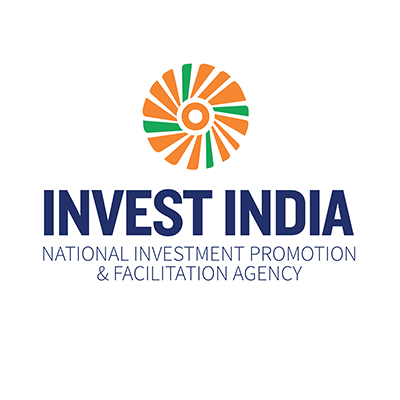Aggarwal calls for real time basis information sharing link on PLI
Allocation of US$20 billion to 13 core sectors of the economy under the Production Linked Incentive (PLI) scheme will encourage incentive-led manufacturing and help exploit the potential to position India in global value chain, according to Sumita Dawra, Additional Secretary, Department for Promotion of Industry and Internal Trade.
Speaking at a Virtual Open House Session on the Implications of PLI Scheme on India’s Manufacturing and Trade Competitiveness organized by the PHD Chamber of Commerce and Industry on 3 June 2021, Dawra stated that the PLI scheme can boost R&D, economies of scale and meeting quality standard. Therefore, it has the potential to create global champions in manufacturing.
She highlighted that the electronic components segment of manufacturing sector produced goods worth Rs.54,000 crores and drew investments worth Rs.2,300 crores between August 2020 and March 2021.
In the Pharma sector, bulk drugs have received Rs.5,400 crore, medical devices Rs.870 crore and 3rd PLI for Pharma Rs.15,000 crores of investments. Likewise, the processing sector has received Rs.34,000 crores in investments.
Therefore, the PLI scheme is already transforming the industries and is expected to generate further benefits over the next five years.
China, with government interventions, now produces more than 50% of the optical fibre for the global markets, taking over similar industries in the US and Japan, Sandeep Aggarwal, Chairman, Industry Affairs Committee, PHD Chamber, told the session.
Citing the Chinese example, he called for the Indian government support in investment and technology. Such support is crucial for boosting manufacturing, said Aggarwal.
Therefore, the PLI is an important factor, he stressed.
Another example quoted by Aggarwal was the textile units in England where the government, in earlier times, offered credit to textile mills to boost manufacturing and at the same time taxed raw material from other countries to make import less competitive in the domestic market.
He believes that in the wake of the international trade regulations, the PLI is probably the best scheme to make the Indian manufacturing sector more competitive.
Aggarwal also felt that this was the best time for implementing PLI scheme in India as Bangladesh is on the verge of coming out from the Least Developed States status and a huge exodus of industry may come to India for option of cheaper manufacturing, PLI type incentives and a large domestic market.
He suggested creating a real time basis information sharing link on PLI to deliver benefits of the scheme to the stakeholders.
Dr. Ajay Dua, Former Secretary, Ministry of Commerce and Industry, proposed that the Government introduces PLI for private sector to create infrastructure while emphasising the need to strengthen general infrastructure support to all 13 sectors of the PLI.
The PLI incentives should nurture the quality of research and development in the pharmaceutical sector and at the same time it should have WTO compliance norms, Dua felt.
Kuntal Sensarma, Economic Adviser, Ministry of Food Processing Industries, called for the implementation of PLI Scheme for Food Processing Industry (PLIS-FPI) for the five years, 2021-22 to 2026-27, with an outlay of Rs.10,900 crore to boost domestic manufacturing and attract large investment in food processing plants.
The objective of the scheme is to support creation of global food manufacturing champions, support Indian brands of value-added food products in the international markets, increase employment opportunities for off-farm jobs, ensure remunerative prices of farm produce and create higher income to farmers.
He explained that the PLI aims to make Indian brands globally accepted, adding that of the 13 sectors under the PLI scheme, food processing and pharmaceuticals have ample scope for growth and expansion and also noted that the processing level is low especially in fruits and vegetables. #manufacturing #investment #incentives #exports /fiinews.com










